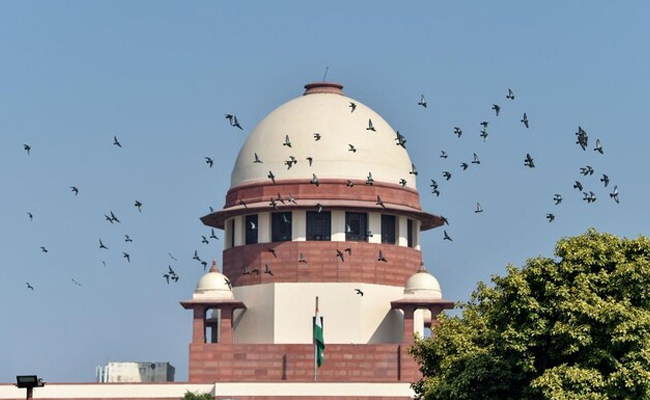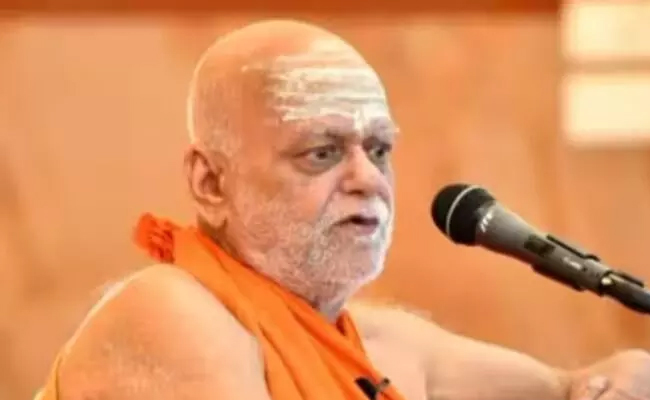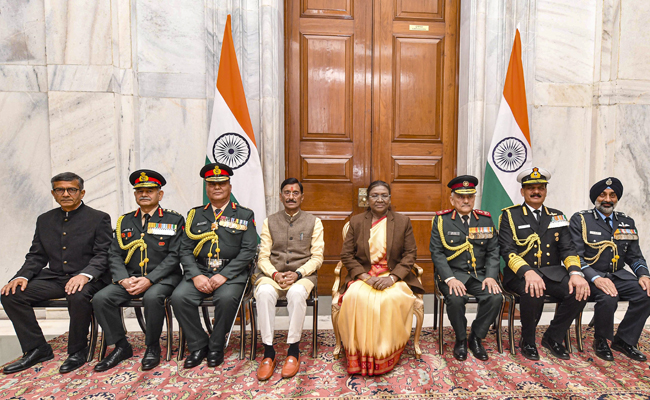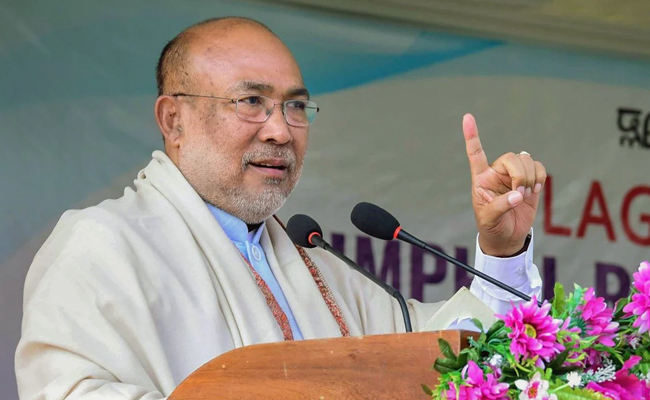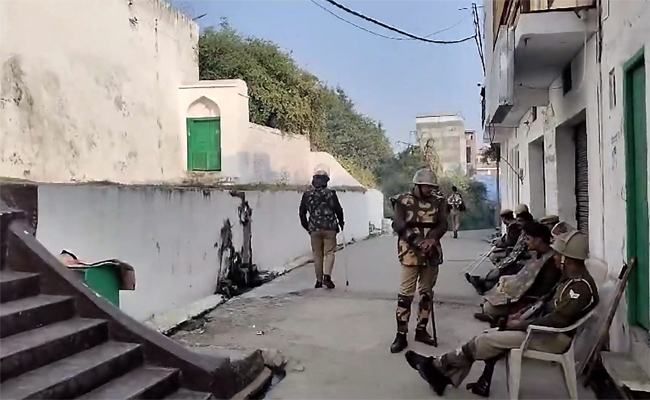New Delhi (PTI): The Supreme Court has said the Enforcement Directorate and its director may provide instructions related to the facts of a money laundering case but they cannot direct their prosecutors on how to conduct themselves in court.
The top court ruling underscored the independence of public prosecutors as officers of the court and limits the influence of investigative agencies in judicial proceedings.
The observations were made in an order by a bench of Justices Abhay Oka and Augustine George Masih on Wednesday while granting bail to Zeeshan Haider and Daud Nasir, who were arrested in connection with the Delhi Waqf Board money laundering case.
The bench took note of their prolonged incarceration and believed that the trial would not begin in the near future.
The bench clarified the limits of the ED’s authority over public prosecutors while addressing a trial court's directive that the director of the anti-money laundering probe agency issue instructions to prosecutors not to oppose bail applications in cases where trial delays were caused by the agency.
“We may also note here that the Enforcement Directorate and its director can give instructions to public prosecutors on facts of the case. However, the Enforcement Directorate or its director cannot give any instructions to the public prosecutor about what he ought to do before the court as an officer of the court,” the bench said.
The bench said the trial court order should not restrict public prosecutors from opposing bail in situations where trial delays are not the fault of the ED.
“This observation will not prevent public prosecutors from opposing a bail petition on the grounds that acts or omissions on the part of the Enforcement Directorate are not responsible for the delay of trial,” it said.
The trial court had earlier criticised the ED for causing delays in the trial while granting bail to another accused, Kausar Imam Siddiqui, in the same case.
Justice Oka described the trial court's earlier directive to the ED’s director as “drastic” but acknowledged that public prosecutors must act fairly and transparently.
“It is well settled that the public prosecutor has to be fair. If a case is covered by a binding precedent, it is his duty to point out the same to the court. Perhaps the learned special judge intended to say that when the public prosecutor is satisfied that the trial has been delayed on account of default or conduct on the part of the Enforcement Directorate, the public prosecutor should take a fair stand,” the bench said.
Let the Truth be known. If you read VB and like VB, please be a VB Supporter and Help us deliver the Truth to one and all.
New Delhi: Jagadguru Shankaracharya Nischalananda Saraswati of Puri Peeth criticised Prime Minister Narendra Modi and Uttar Pradesh Chief Minister Adityanath, claiming that a strong judicial system in India would have imprisoned both Modi and Yogi. He accused them of appointing a "terrorist" as a Shankaracharya, and questioned as to what can be a bigger crime.
Speaking to the media in Ujjain after attending the Dharmasabha organised by the Shri Mahakaleshwar Temple Management Committee, the Shankaracharya questioned the accountability of the country's leadership. “A terrorist is being paraded as a Shankaracharya. Is this the duty of the Prime Minister and Chief Minister? There is no judicial system in India capable of punishing them for this,” he remarked.
When asked about his interactions with PM Modi, he revealed that the Prime Minister had once visited him during his trip to Gujarat.
BJP leader Subramanian Swamy supported the Shankaracharya's remarks, calling him "The Fearless Jagatguru" in a post on X (formerly Twitter). Swamy, a known critic of the Modi government, recently referred to the Prime Minister as a "liar" and expressed regret for backing him during the 2014 elections.
Shankaracharya had spent three days at Ujjain’s Jhalariya Math on Narasimha Ghat before addressing the media and departing for Puri.

